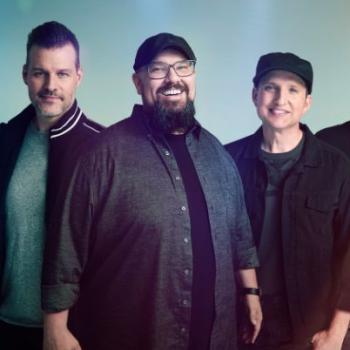Perhaps it's time for the leaders of modern liberalism to reflect on the observations of another Frenchman. Alexis de Tocqueville's insights into the sources of America's political and social strength, recorded during his visit in the 1830s, are enduringly relevant. No foreigner understood better the inseparable link between faith and freedom in the American experiment. "The Americans combine the notions of Christianity and of liberty so intimately in their minds that it is impossible to make them conceive the one without the other," he wrote. "If any hold that the religious spirit which I admire is the very thing most amiss in America. . . . I can only reply that those who hold this language have never been in America and that they have never seen a religious or a free nation."
European distaste for American religion might be excused as ignorance of the facts on the ground. But American intellectuals and others who abhor the nation's "religious spirit" do not have that excuse. What they have instead, it seems, is a chronic disposition to doubt -- not to mention a studied disregard for the lessons of history. Whether American democracy can sustain itself in the grip of such doubt and disregard is an open question.
Joseph Loconte is a Senior Fellow at the Ethics & Public Policy Center and a senior fellow at the Trinity Forum. He also serves as a monthly commentator on religion for National Public Radio. His latest book is The End of Illusions: Religious Leaders Confront Hitler's Gathering Storm(Rowman & Littlefield). This article was originally published onProvocations, an online journal of the Trinity Forum, and is reprinted with permission.




